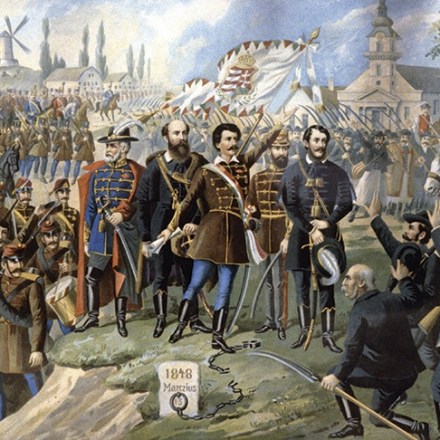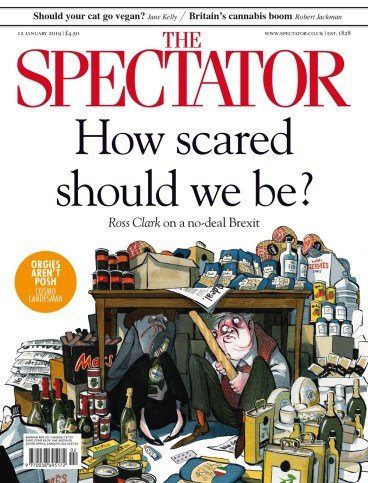Where three empires met
Norman Stone has already written, with a brilliant blend of humour, understanding and scepticism, histories of the Eastern Front, Turkey, Europe between 1878 and 1919, both world wars and the Cold War. A history of Hungary is his latest book. He has one qualification increasingly rare in England. As polyglot as an educated archduke, he
















